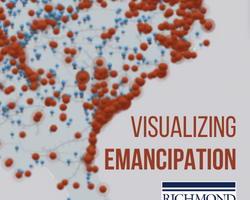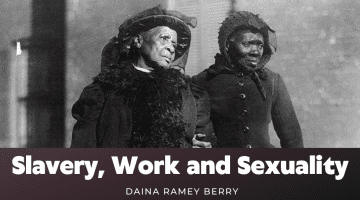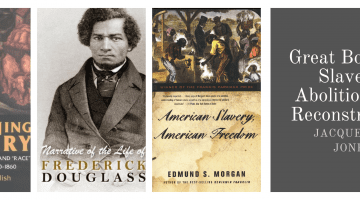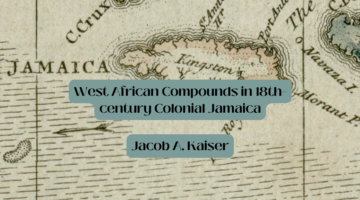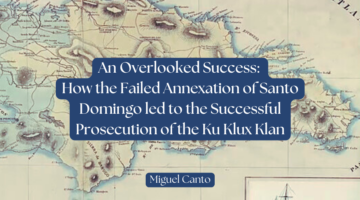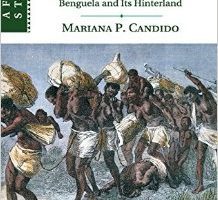
The Atlantic slave trade between Africa and the Americas connected merchants, Portuguese colonists, convicts, and slaves in cultural and economic relationships, reconfiguring the space of the southern Atlantic. The work of Mariana Candido and Roquinaldo Ferriera shows how creolization and the economic prosperity created by the slave trade was a two-way street.

